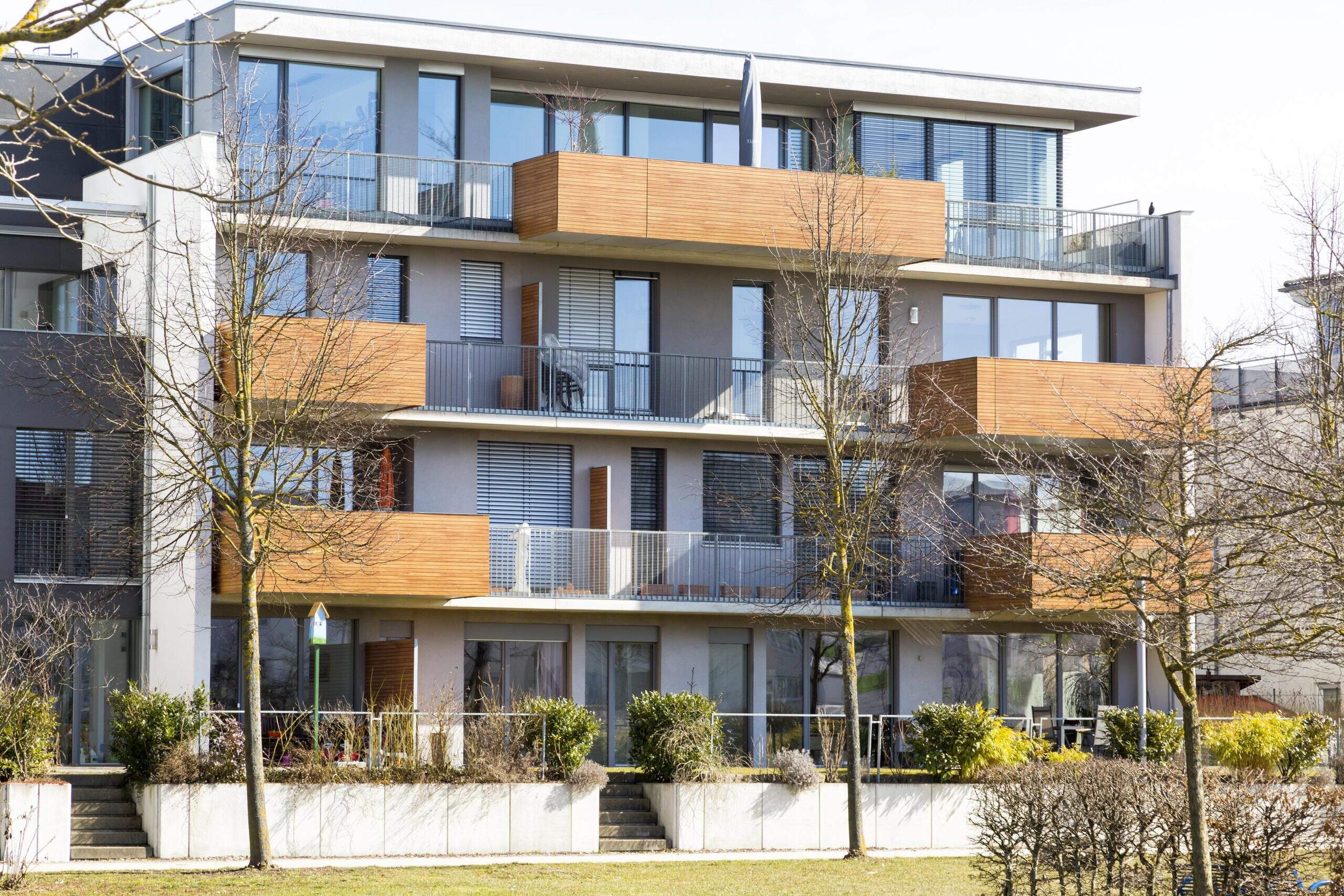Collecting service charge debts can be challenging at the best of times, however it becomes even trickier when the leaseholder no longer lives at the property address, cannot be located, or lives outside of the UK.
Nevertheless, these service charge arrears can still be collected successfully by employing the right tactics and procedures.
Carry out a trace
Tracing services are regularly used when trying to locate property owners, and in this instance can be used to establish if the address you have for the leaseholder (whether that be the property or other address) is the correct one – or if there is another address for the leaseholder that you may not be aware of. Most tracing agents will offer a ‘no trace no fee’ service, making it a very worthwhile first step for managing agents and their RMC or freeholder clients seeking to locate a missing leaseholder.
If a trace is not successful, hope is not lost: the debt can still be pursued as a claim can be served on the ‘last known address’. We would advise that prior to doing this you write to the leaseholder’s lender, as they may have a more recent and/or more accurate address for the leaseholder, and will notify them of the claim.
Avoiding risk of future defences
When proceeding against a leaseholder who can’t be contacted, there is a risk that they could argue after proceedings have been settled (even if the debt has been paid by their lender), that the proceedings were not served on them, and their lender shouldn’t have made payment, as they weren’t aware of the claim.
Should this happen, it can prove problematic, especially if their defence claim is valid. When payments are made by the lender, they aren’t generally considered payments on behalf of the leaseholder. Instead they’re seen as payments by a lender which mean a court may still be willing to consider a leaseholder defence, even after that the lender payment.
To help avoid the risk of a leaseholder raising a dispute after a lender payment, it is important to use the correct wording within the letters to the leaseholder and their lender. If you would like help and advice with this, please contact us and one of our experts will be able to support you.
Out of jurisdiction claims
When bringing a claim against a leaseholder who no longer lives within the UK there is a slightly different procedure to be aware of.
The main differences are the requirements to obtain court leave at the claim and judgment stage, and the need to serve the claim in accordance with the legislative requirements of service of the country of domicile. The leaseholder will also normally have more time to serve their defence, and that timescale will vary depending on where they live in the world.
Specialist advisers will usually be used to these different rules, and will therefore have their own procedures for dealing with these types of claims.
Summary
In short, service charge arrears can still be collected if the leaseholder doesn’t live in the property, or even if they have moved abroad. However, care will need to be taken to avoid defences being raised later by an absent leaseholder who doesn’t believe they have been notified of the debt.




